Do we make a place or does a place make us?
Potential looks forward, problem-solving looks backward.
Potential is a way of conceptualising the gap between what is and what could be.
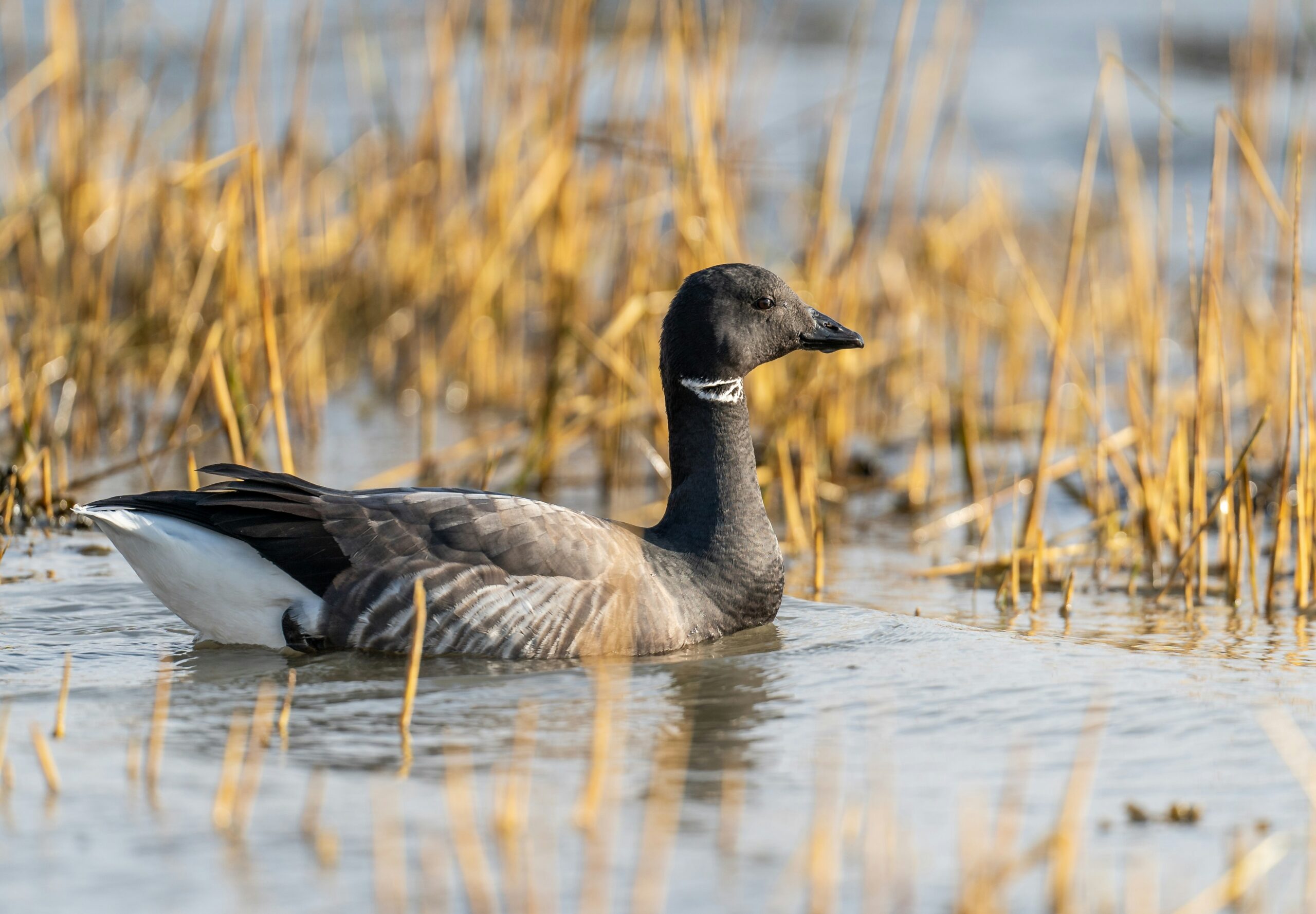
We’ve now held three events in and around Chichester to explore new and different organising models that might be relevant for our collective future. These have felt rich and engaged meetings in which we have been able to share different views, concerns and hopes in a safe space where those differences have been respected and engaged with. It has been a real privilege to steward those conversations.
This time we spoke about Chichester. What should we expect of our ‘capital’ city at the western end of Sussex? What is the role of a city in creating bioregional health and thrivability?
We began by looking at what Herbert Girardet, author of Creating Regenerative Cities suggested the role of a city might be:-
- an environmentally enhancing, restorative relationship between a city and the natural systems it depends on
- mainstreaming efficient, renewable energy systems for its inhabitants
- new lifestyle choices and economic opportunities which will encourage people to participate in regenerative transformation
and we dug down into some of the specifics of delivering that kind of vision.

What we are looking for from Chichester.
We had some brilliantly creative suggestions for how Chichester City might play a more positive role in our bioregion. We were really happy that a number of councillors from the district and the city joined us in this session and all were able to provide really insightful input into our deliberations. We discussed 6 different acupuncture points a city could invest in to shape systemic health. We had ideas, thoughts and also realisations that we didn’t know enough about some subjects to have a clear view.
Cultural & Educational
- a central area for outdoor performance, and better venues for performance arts in general
- welcoming, inspirational and informative arrival areas
- more, different facilities to exhibit and perform outside our recognised landmarks which are accessible to smaller performers and audiences
- do we have enough projects and programmes that encourage learning about our natural environment, like foraging, therapeutic work and adult education?
- could we offer more indoor programmes for young people like bouldering
- bioregional learning journeys for councillors and schools
- more opportunities for schools to learn about alternative ways to build that have been part of our heritage and history in west Sussex
- we want to think more about how to integrate older and younger communities for increased cultural cohesion
Regenerative Economy Hub
- We want to see more opportunity for high quality entrepreneurial innovation
- We want to see more support for traditional craft makers to create innovation ecosystems
- We want to see more support for upcycling and repair
- We want to see councillors engaged in openly engaging in narratives about economic potential of our region rather than contracting consultants to write strategies
- We want to make use of underutilised properties to foster innovation and entrepreneurialism
- We would like a clear economic vision for Chichester and its role as a generator of genuine wealth for all
Connector & Integrator
- we really need to sort out phone and internet connectivity
- we need more community hubs to share information – it seems this series has been great for making new connections and having great conversations
- we have a sense that more community connective spaces would help – like outside communal cooking areas or a speakers corner
- we sense that there are better ways to strengthen communities and that dialogue and doing together both play roles
Sustainable Resource Management
- we had a sense that there still isn’t enough information or channels or processes for both young and adult education about sustainable resource use
- we would love communal composting sites and more space to grow food
- we would love a process that brought food from stores to communal cooking spaces when past its commercial sell by date
- we need a food waste collection service
- we need to know more about abstraction across our area for Chichester, and want to learn more about how wind/solar power, recycling waste and de-salination of water might be part of our futures
Biodiversity & Habitat and Stewarding Natural Resources
- we thought we might map rewilding spaces and see what room there is for more
- we want to see joined up green space where you can walk or cycle across town in different directions
- we want to visibly celebrate the places where wildlife is returning with some form of markers, especially bird life
- we want to see wildlife corridors through the city connected to those outside but we don’t know how feasible that might be
- we do feel the need for a greater canopy in Chichester and wonder if there is a project about joined up gardens for a canopy for Chichester that could be done?
- We really want to see more citizen science in Chichester and are excited about the project with the Western Streams and Rivers Trust
- we want to celebrate the Lavant that runs through Chichester and make it accessible, visible and part of our landscape instead of hidden
- we want to use the Lavant as a focus point for community cohesion
- we would like more water features, ponds, wetland scapes and swales across the city as part of managing heat and habitat
- we want to bring all the existing diverse groups who steward nature together in a collaborative process to make Chichester a city of biodiversity strength
Transport and Tourism
- How can economic, transport and tourism strategy improve accessibility between the city and our natural sites such as the harbours, the downs? Could we start with better signage, walkways and eventually transport links?
- How can we create more sustainable connection between the peninsula and the City beyond roads and a few buses?
- How can we have a stronger partnership with SDNP and Conservancy to help nature-based tourism become a regenerator of nature restoration?
- We had a sense that more could be done on alternative transport
- a fleet of bicycle rickshaws
- donkey republic system
- trams (at the higher end of investment are still an itch)
- we still need more pedestrianisation and fewer cars in the city centre to reduce noise, pollution and traffic
What we know about our bioregion.
Our self-organising self-marking honesty quiz about our knowledge of the bioregion around us – the coastal plain, the downs, the harbours – turned out to reveal some surprising insights. The citizens and organisations of west west Sussex – which we’ll call The Sussex Bowl because of our role in food producing for the UK – know a lot about the following things:-
- we know our birds – the native species, the migratory visitors and the rarer species of the harbours
- we know our edible plants – from blackberry to sorrel to nettles to dandelions, and some were very knowledgeable about our coastal edge plants
- we know our subsistence history – we know that we moved from hunter gathering to farming, fishing, trade in quality goods and mining materials for construction
- we know our geological history – we know our harbours were formed by a great north-south glacier and some of us knew that the South Downs were an anticline at the end of the tectonic upheaval that saw the creation of the Alps
- we know which of our rivers and streams are polluted but less about exactly what is the biggest cause of pollution, though we all thought sewage played a key role
- we knew less about the inflow and sources of drinking water or its pathway from groun/air to our taps. We know from the first session that we have a lot of questions about water.
- we had lots of different views about the greatest threats to the integrity of our ecosystemic health
- monoculture agriculture
- water abstraction / security
- sewage and waste
- climate change
- species loss
- urban sprawl
- shrinking powers of local government
- humans. period.
- we didn’t know quite so much about the extent of food produced here or where it goes (it’s also hard to find the figures) but we do know that The Sussex Bowl contributes significantly to supermarket supplies of salads and vegetables, and 40% of wine production so we have some questions around food resilience to consider
- we struggled to name 5 restaurants and pubs that serve exclusively locally grown food other than the renowned Pig, although we acknowledge that most do try to serve as much as possible
- we knew less about what forms of energy costs us the most and what our usage was, although those who had most recently switched to electric cars knew to the kilowat how much and when to plug in to get the most advantageous deal
The winner of the ice-cream prize for self allocation of top points went to Diana Beale whose streaked ahead with her knowledge of waders and migratory birds in the harbour scoring maximum 15 points!
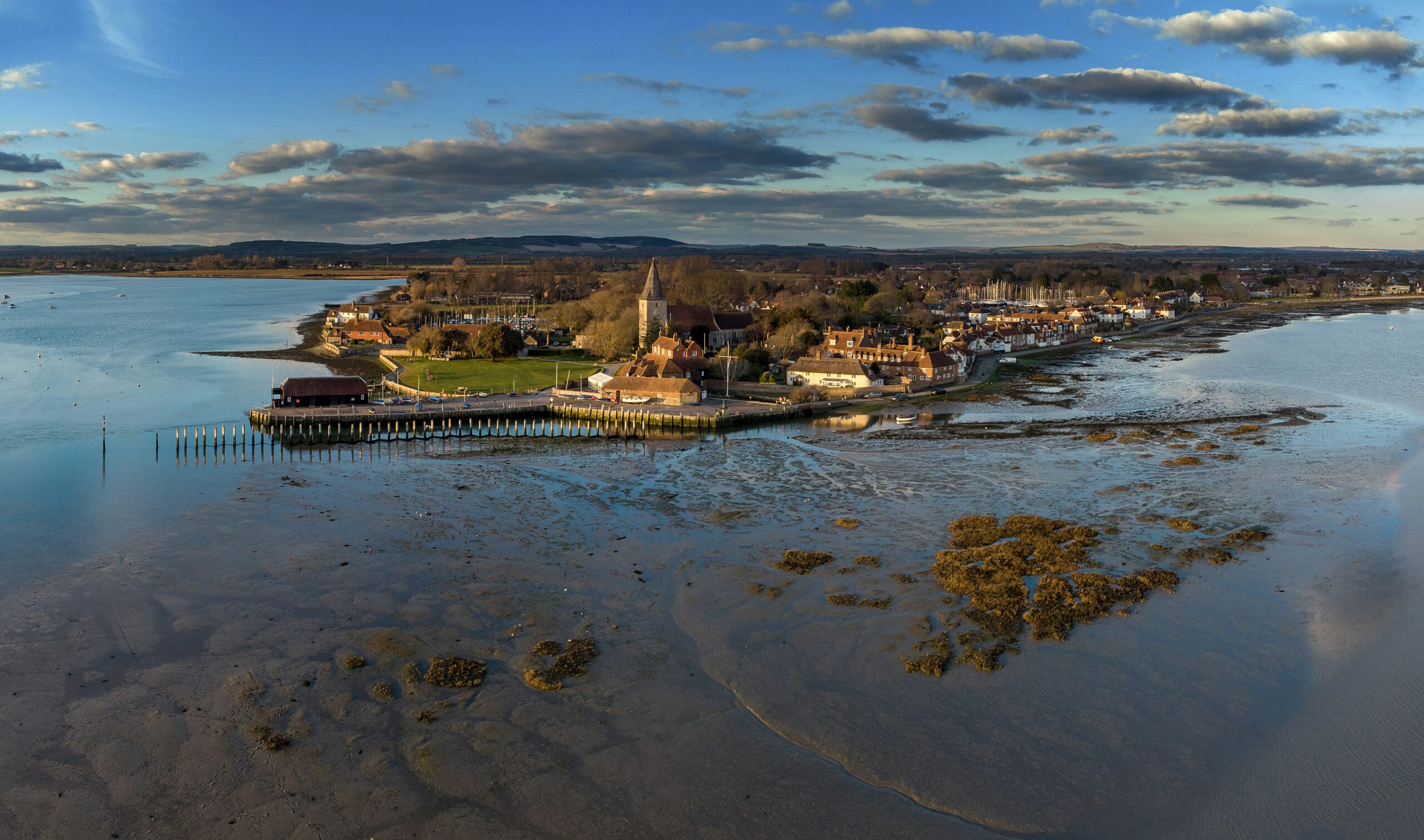
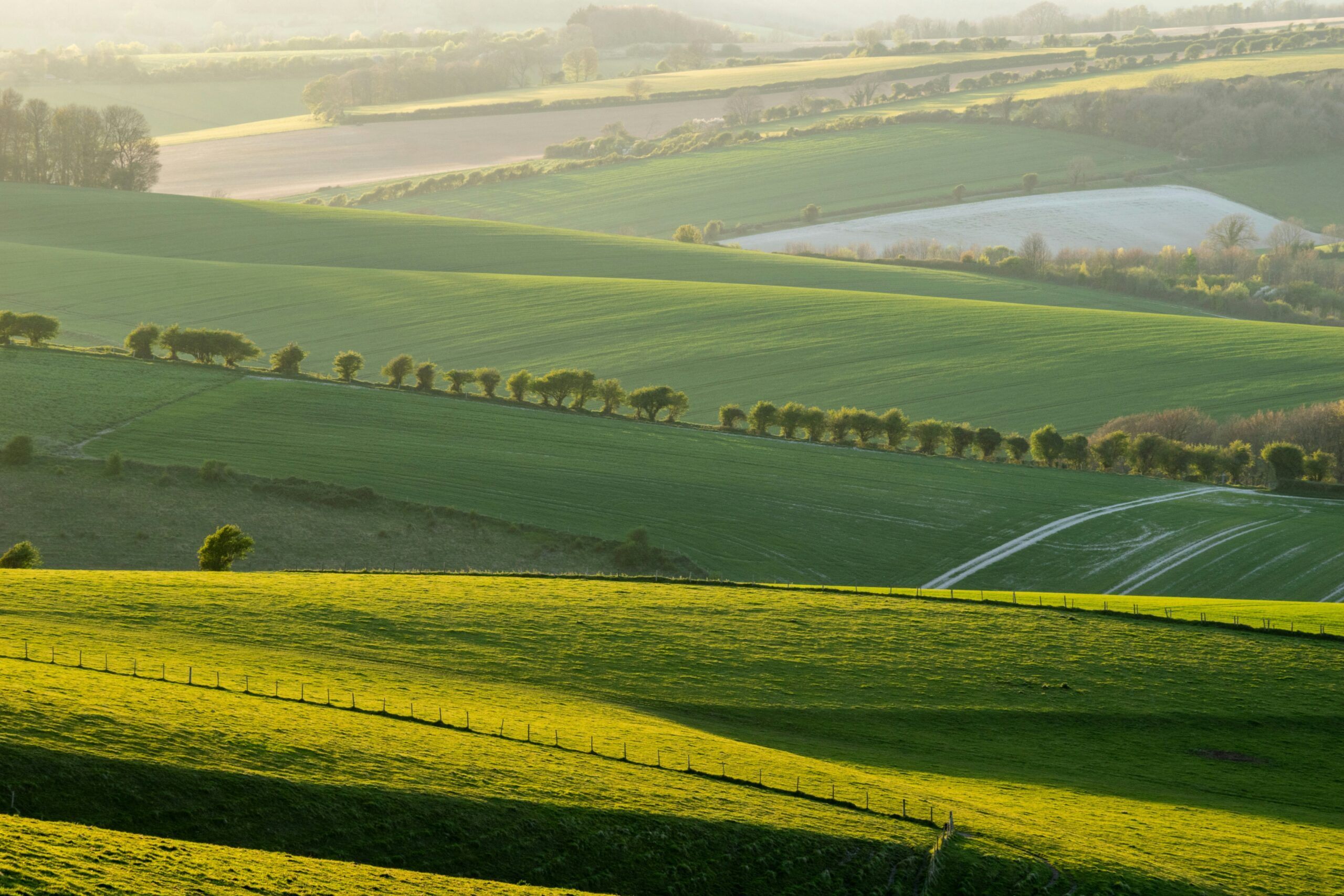
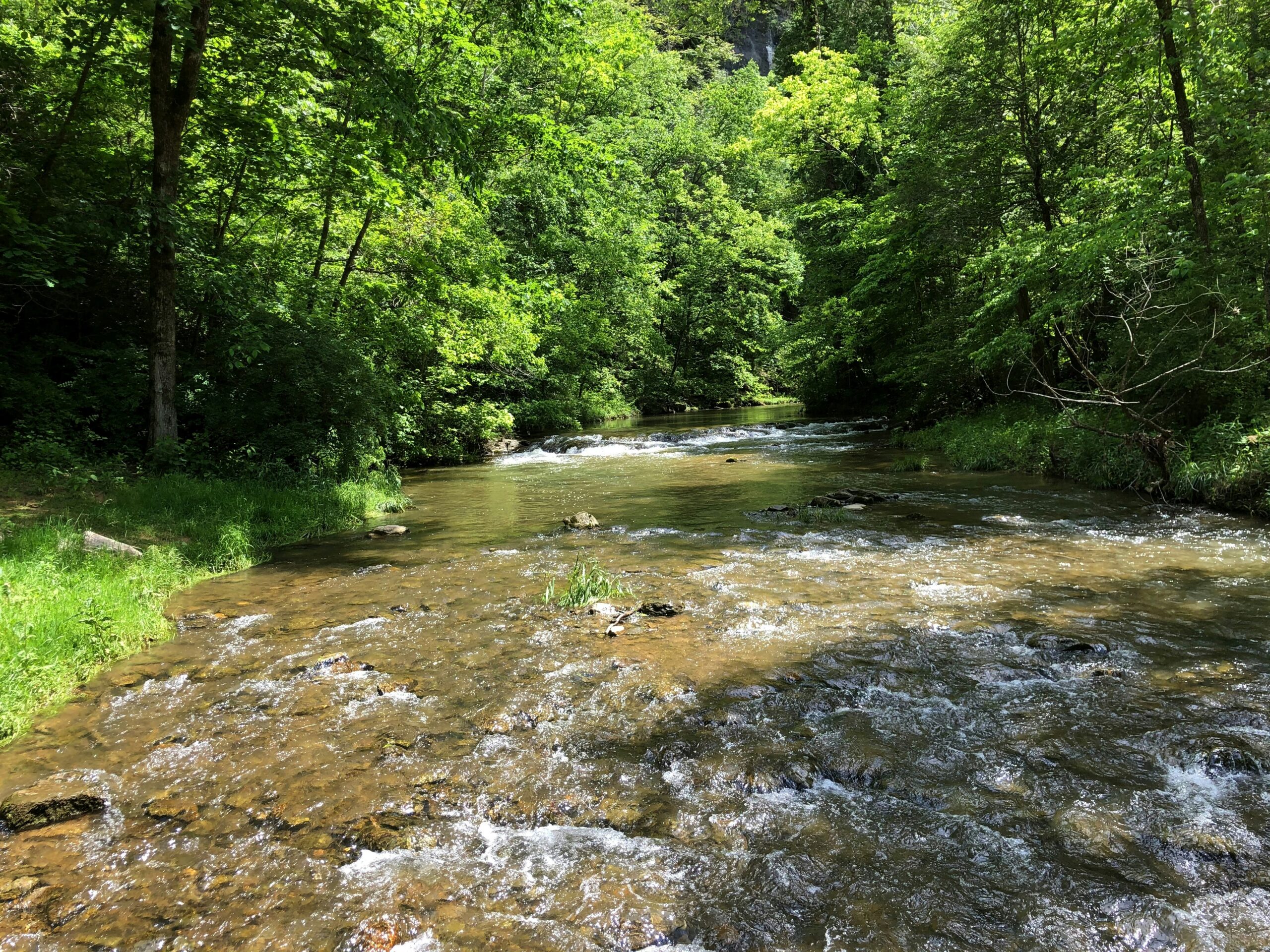
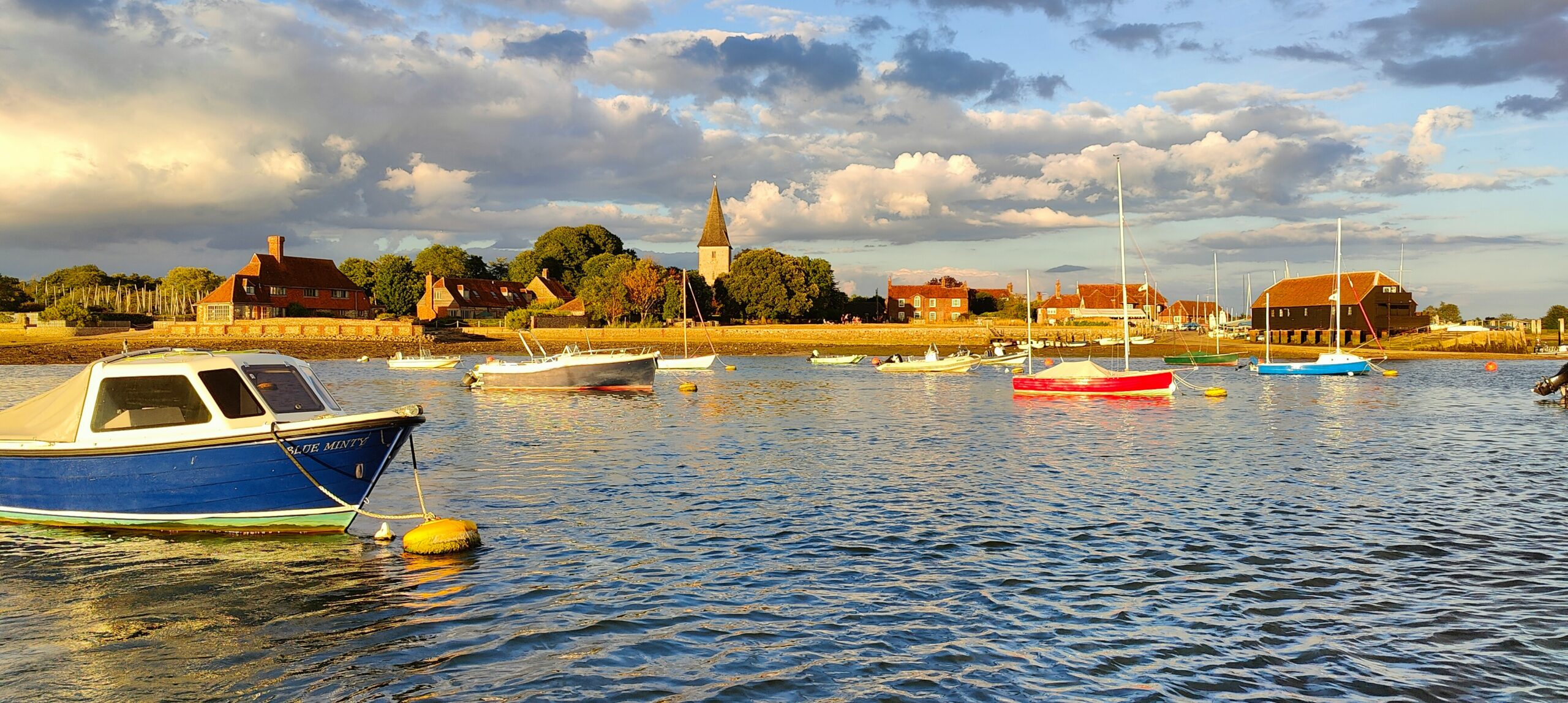

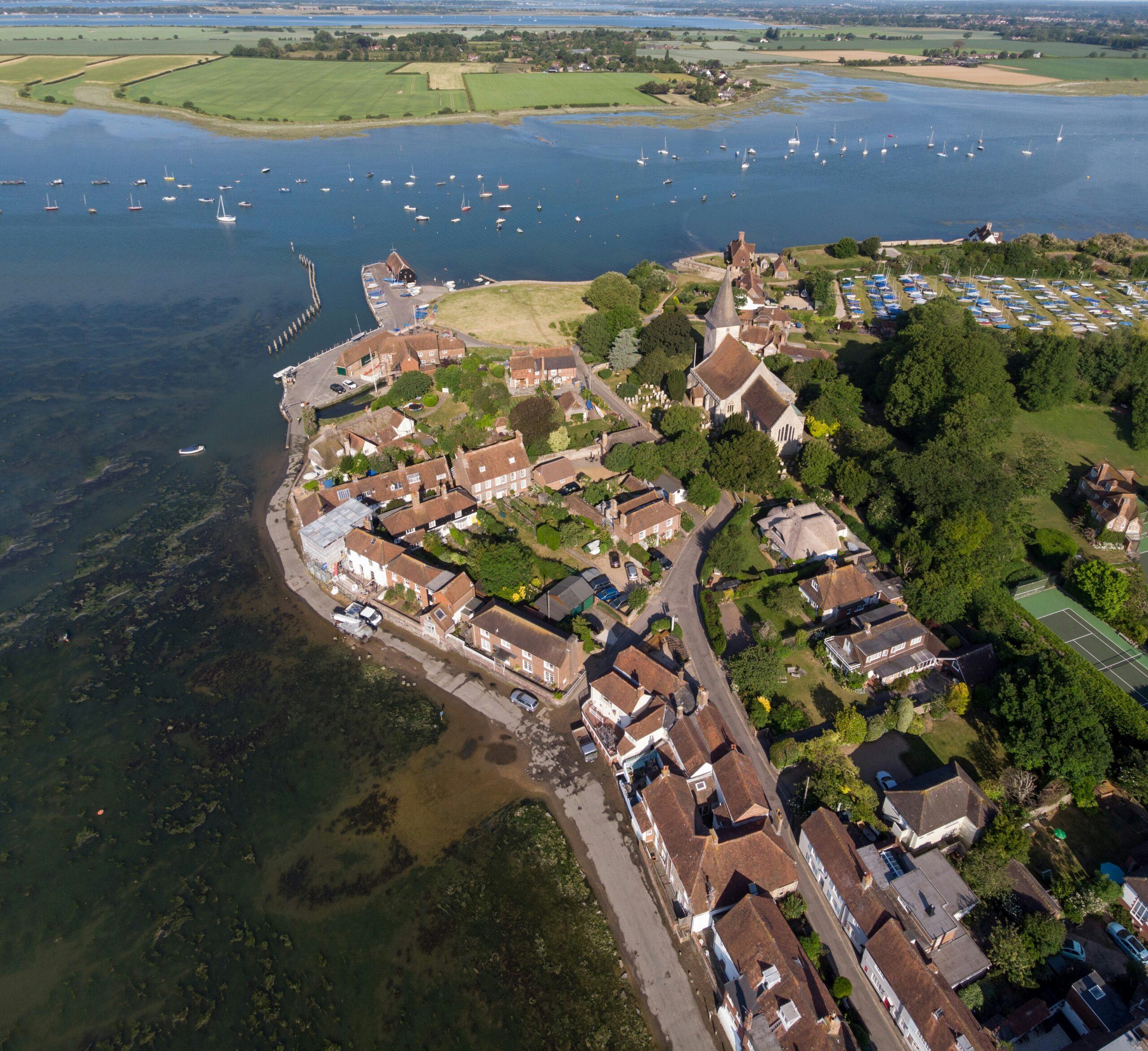
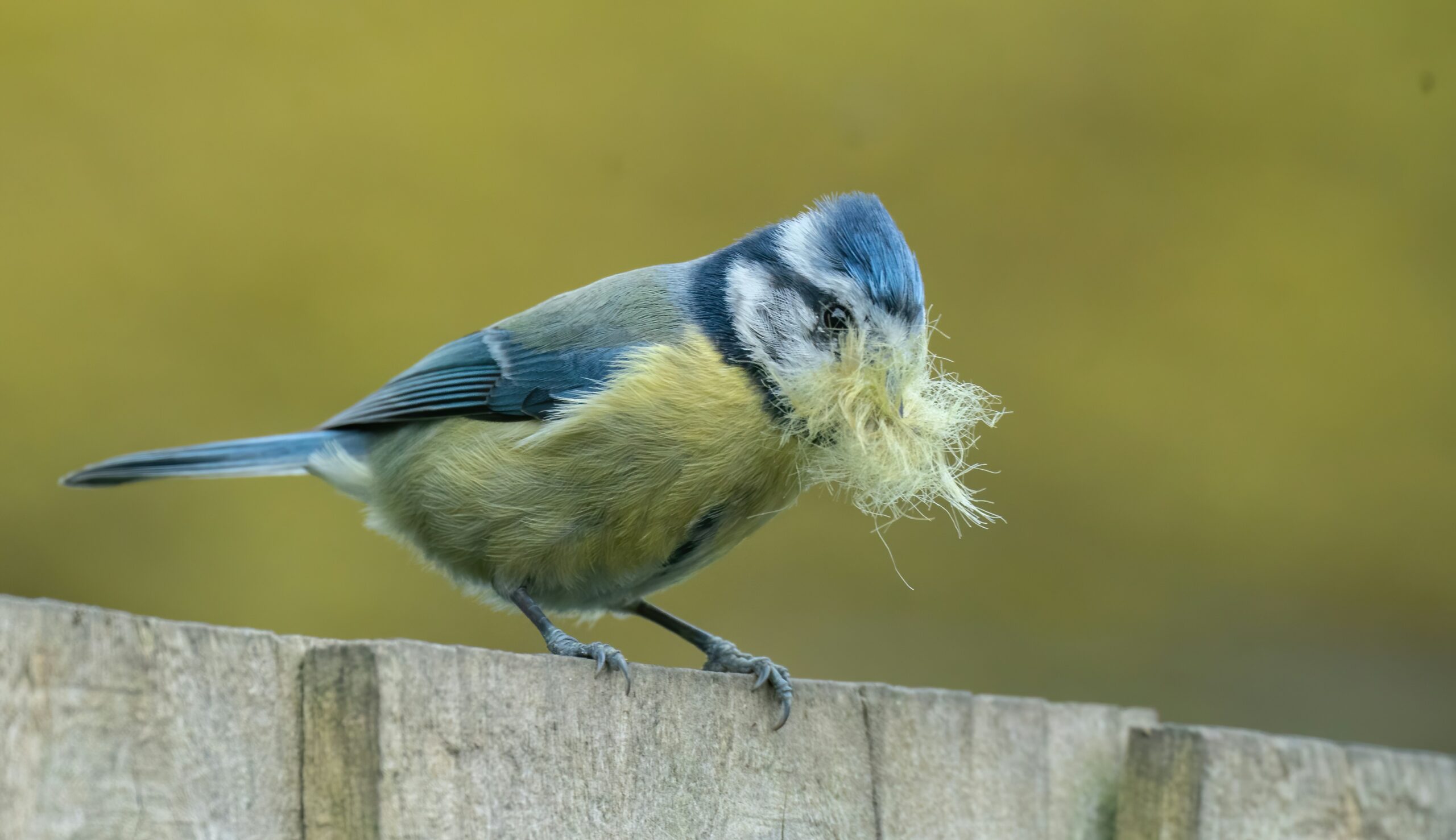


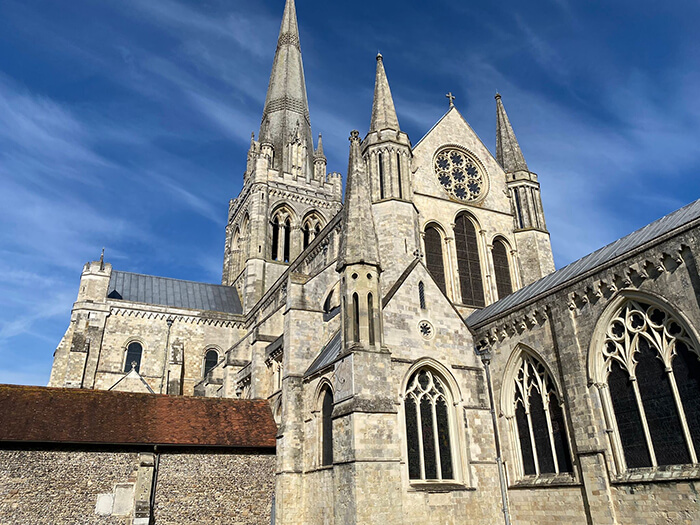
Recent Comments